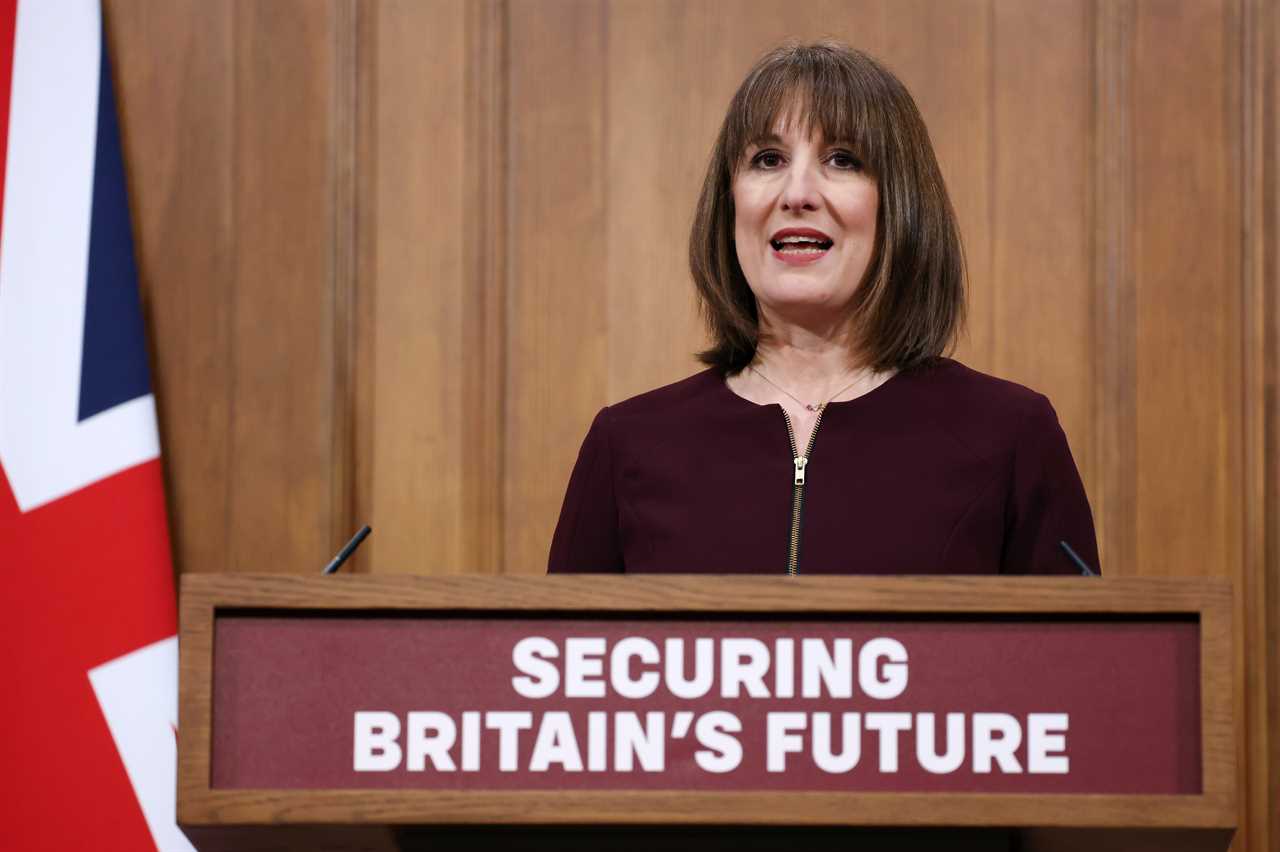
Chancellor Reeves’ Budget Pushes Costs Higher
British businesses are facing significant financial strain as Chancellor Rachel Reeves’s recent budget measures take effect. From today, the basic wage for workers over 21 rises from £11.44 to £12.21, immediately increasing staffing expenses for companies across the nation.
National Insurance Changes Slam Part-Time Hiring
The budget introduces substantial changes to Employers’ National Insurance Contributions, raising the rate from 13.8% to 15% starting April 6. More critically, the threshold for these contributions drops from £9,000 to £5,000, meaning many more part-time employees will fall under the higher rate. This adjustment makes part-time work 13% more costly overnight, complicating hiring processes for businesses already struggling with rising expenses.
Business Rates Relief Slashed, Small Enterprises Hit Hard
In addition to wage and insurance hikes, smaller pubs, shops, and restaurants are losing substantial business rates relief. Previously enjoying a 75% reduction, relief will drop to 40% starting today. This change means these businesses will see their rates bills surge from covering 25% of costs to up to 60%, with the average small pub experiencing an increase of £7,000, bringing their annual bills to over £12,000.
Retail Sector Braces for Financial Impact
The British Retail Consortium has condemned the budget changes as a “£5 billion bombshell,” highlighting the severe impact on the retail sector. Many companies are already responding by cutting jobs, halting new hires, and considering price increases to mitigate the financial burden. With inflation projections reaching 3.5% later this year, businesses are under immense pressure to maintain profitability.

Global Trade Tensions Add to Business Woes
Compounding domestic challenges, UK firms are also wary of global supply chain disruptions due to new tariffs imposed by the US. Notably, a 25% tariff on car exports threatens the automotive industry, while some businesses argue it’s unfair that US tech companies receive tax breaks to attract investments, intensifying concerns over competitive disadvantages.
Calls for Policy Reforms Intensify
In an effort to alleviate some of the financial strain, businesses are lobbying the government for a reevaluation of business rates and a revision of the impending Employment Rights Bill. Many argue that these reforms are necessary to sustain investment and support the creation of flexible jobs amidst the challenging economic landscape.
Aston Martin’s Strategic Move in F1
Amidst these economic challenges, Aston Martin Lagonda is taking steps to strengthen its finances by selling its minority stake in its Formula 1 racing team. Lawrence Stroll, the company’s executive chairman and largest shareholder, plans to inject £52.5 million through the sale, expecting to net a total of £74 million. This move follows declining sales and profit warnings, with Aston Martin shares rising by 7% to 69.85p following the announcement.
Wood Group Faces Financial Headwinds
Oil services firm Wood Group is under pressure as it prepares to restate its accounts for the past three years due to “unreliable information” identified in an audit by Deloitte. The revelation of management pressure leading to inaccurate financial statements has caused the company’s shares to plummet by 75% over the past year. Wood Group is currently in takeover discussions with Dubai-based Sidara.

Energy Tax Policies Under Scrutiny
The government is grappling with criticism over the North Sea windfall tax, which stands at 78% on energy profits until 2030. The North Sea Transition Taskforce warns that maintaining this tax could lead to reduced investment in domestic oil and gas production, jeopardizing the UK’s offshore supply chain and hindering the transition to renewable energy sources. The taskforce urges immediate policy adjustments to prevent the dismantling of vital energy infrastructure.
Pets at Home Faces Profit Challenges
Retailer Pets at Home has issued its second profit warning in four months, citing a “subdued, uncertain” consumer environment. The company expects profits to fall between £115 million and £125 million, below market expectations of £125 million. Additionally, operating costs are set to rise by 5% this year. As a result, shares have dropped over 8%, valuing the company at just under £1 billion.
Saving typically involves setting aside money in a secure account for short-term needs or emergencies, while investing involves using money to purchase assets like stocks or real estate with the expectation of generating a return over the long term. Investing carries higher risks but offers the potential for greater rewards.
To budget effectively, start by tracking your income and expenses to understand your spending habits. Set realistic financial goals, categorize your expenses, and allocate funds accordingly. Regularly review and adjust your budget to ensure it reflects your current financial situation and objectives.
To improve your credit score, make timely payments on all debts, reduce credit card balances, avoid opening unnecessary credit accounts, and regularly check your credit report for errors, disputing any inaccuracies. Maintaining a mix of credit types and keeping old accounts open can also be beneficial.
The main types of money include commodity money, which is based on physical goods like gold or silver; fiat money, which is government-issued currency not backed by a physical commodity; and digital currency, which exists electronically and is often decentralized, such as cryptocurrencies.
Money is a medium of exchange that facilitates transactions for goods and services. It serves as a unit of account, a store of value, and a standard of deferred payment, allowing individuals to compare the value of diverse products and services.
Central banks manage a nation's currency, money supply, and interest rates. They implement monetary policy to control inflation, stabilize the currency, and foster economic growth. They also serve as lenders of last resort to the banking system during financial crises.
An emergency fund provides financial security by offering a safety net for unexpected expenses, such as medical emergencies or job loss. It helps prevent debt accumulation, reduces stress, and allows for better financial planning, ensuring that individuals can navigate unforeseen circumstances without significant hardship.
Building an emergency fund is essential for financial security. Start by determining how much you need; a common recommendation is to save three to six months' worth of living expenses. Open a separate savings account to keep your emergency funds easily accessible but separate from your regular spending. Automate your savings by setting up a monthly transfer from your checking to your emergency fund. Initially, focus on small, manageable contributions, gradually increasing them as your budget allows. Avoid using this fund for non-emergencies, and replenish it after any withdrawals to maintain your financial safety net.
Did you miss our previous article...
 PoliticsRoyaltySoap OperaGamingMoneyPrivacy PolicyTerms And Conditions
PoliticsRoyaltySoap OperaGamingMoneyPrivacy PolicyTerms And Conditions
